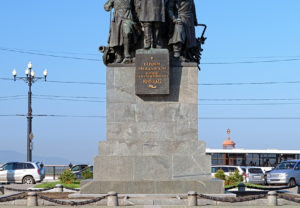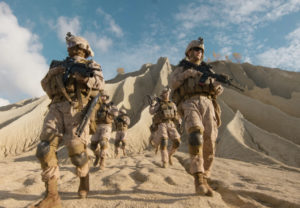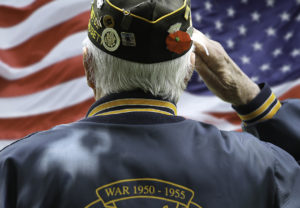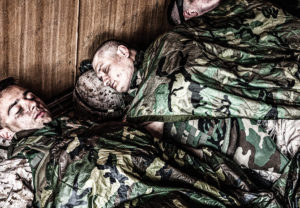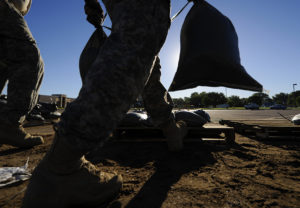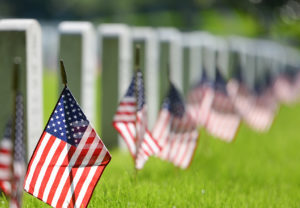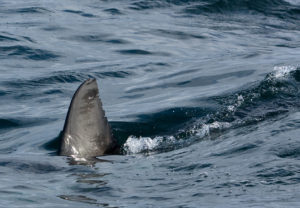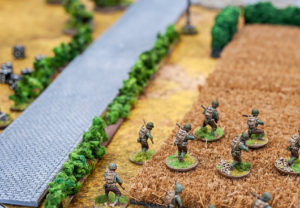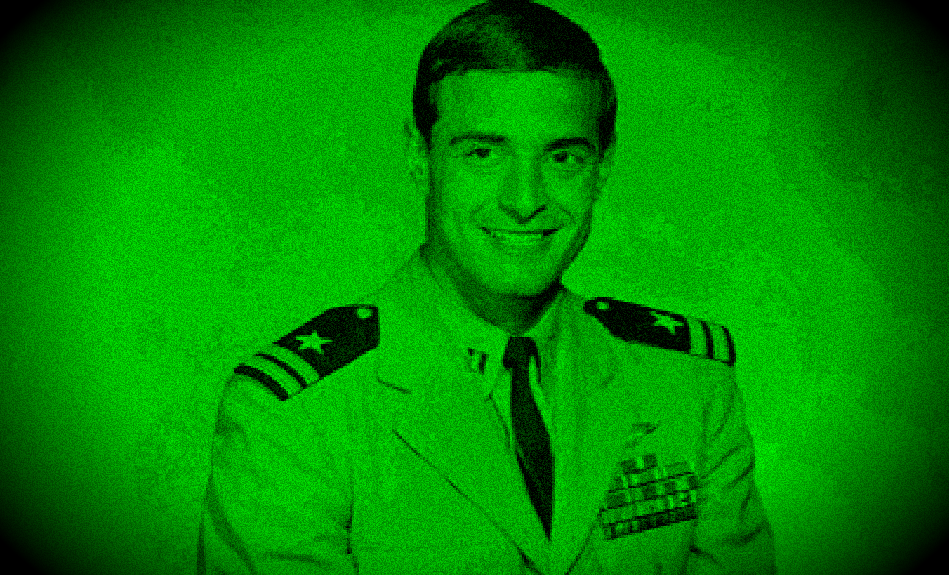Remember this name: Dieter Dengler.
For he’s the subject of this post, and the subject of many a creative work. One is a Hollywood blockbuster, starring Christian Bale. A few are several books — some he had a hand in — some he did not.
And one is a documentary by the famous auteur Werner Herzog. It’s called Little Dieter Needs to Fly, and it follows the German-born United States Navy pilot through his own account of perhaps the most disturbing, but, ultimately redemptive POW story in American history.
You can watch it in the clip below — several internet users uploaded it to YouTube — and because we know everyone’s time is precious and the running time is just over 80 minutes, we’re going to give you guys a peak into the tale, through things Dieter said while retelling his surreal journey from being a poor boy in Germany with only one real desire (to fly) to being shot down while piloting his Skyraider in North Vietnam during the early part of the war, to being rescued by skeptical airmen in Thailand.
The feature starts out in black, with the following Biblical verse in white:
“And in those days shall men seek death, and shall not find it, and shall desire to die, and death shall flee from them.” – Revelations 9:6
He walks through his home, during the time of filming, in 1997. He shows his overabundance of stored food, the joy he receives from merely opening a door, and the many medals and awards he earned. He denies being a hero, however. “Only dead people are heroes,” he says.
He tells of growing up in an extremely poor household in Germany, during World War II, and how the planes bombing his little village made him dream of being a pilot one day. He describes his mother cooking he and his siblings wallpaper from an abandoned home nearby because there were nutrients in the glue.
He demonstrates his ruthless training and apprenticeship as a blacksmith. Long days. Hours and hours hitting a hammer. Even his teacher hitting him in the face with the hammer when he made a mistake. He credits the tough education for helping him survive his torture and imprisonment later, in Laos.
When he hopped a boat and came to America (there were no aviation schools in his home country at the time, he says), he wound up in Manhattan. After living on the street for a week or so he discovered a U.S. Air Force recruiting office. They talked him into enlisting after promising a role as a pilot — his fantasy. He spent two years in a kitchen peeling potatoes — they told him only college graduates could go to flying school.
So, after being discharged from the USAF he enrolls in college and graduates. Joins the U.S. Navy. Becomes a pilot, and is immediately sent on a carrier to Vietnam. On a bombing mission his aircraft is hit, but he survives the crash, and is subsequently taken prisoner by the Viet Cong.
In the earlier minutes of the doc he stands before a tattoo artist, at a tattoo parlor, again in 1997, beneath an equine rendering:
“Actually you know I couldn’t have that on my body because, I hate to tell you, but it was somewhat different. In fact it was quite a big difference. You have to understand I was just crawling along, I had one day to live. I was on my knees and I was hallucinating. And then these enormous doors opened up. Lots of horses kept galloping out. And it wasn’t Death that was driving the horses, it was the angels. And I had this vision. Death didn’t want me. Death didn’t really want me.”
Werner narrates the opening: “Men are often haunted by things that happen to them in life, especially in war or other periods of great intensity. Sometimes you see these men walking the streets, or driving in a car. Their lives seem to be normal. But they are not.”
Upon leaving the military, Dieter became a civilian airline test pilot, for TWA. He survived four more crashes.
Sometime in the late 1990s, he was diagnosed with ALS. On February 7, 2001, he took a gun, rolled his wheelchair to the driveway of a nearby firehouse, and shot himself.
Dieter Dengler is buried at Arlington National Cemetery.








